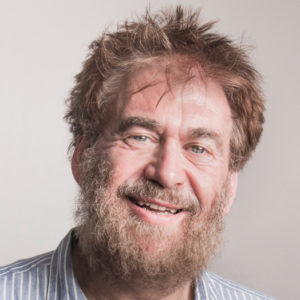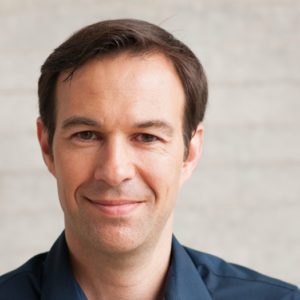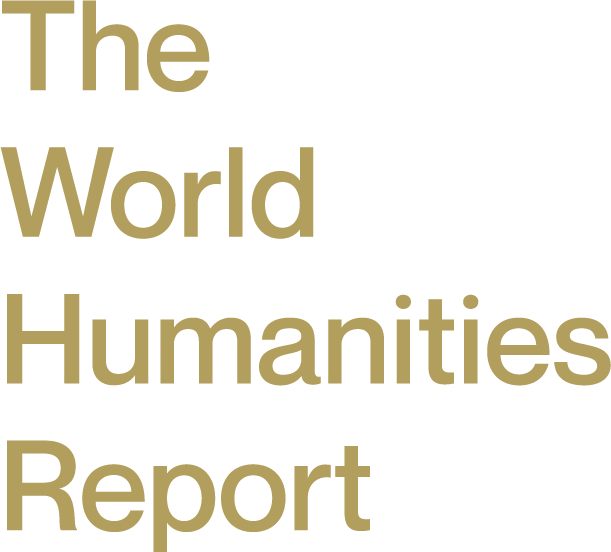The World Humanities Report demonstrates the rich, varied, and necessary contributions the humanities are making to knowledge and society throughout the world. This Report is the first collaboration between the two leading international organizations for the humanities: the Consortium of Humanities Centers and Institutes (CHCI) and the International Council of Philosophy and the Human Sciences (CIPSH) who are in further partnership with UNESCO.
Support for the World Humanities Report comes from the Andrew W. Mellon Foundation, the Volkswagen Foundation, the Australian Academy of the Humanities, the Ford Foundation, and the University of Wisconsin–Madison.
Click here for more information on the leading organizations, CHCI and CIPSH.
Scope and Method
The World Humanities Report presents the current state of the humanities and showcases the contributions of the humanities to knowledge and society. It comprises three distinct outcomes:
First, research teams and other contributors around the world completed reports that identify trends, analyze new and historic developments, and collect examples that cut across scholarly methods, practices, and disciplines, including new and interdisciplinary approaches.
Second, a final synthetic report has been produced on the basis of the regional reports and other contributions.
Finally, as part of its final report, the World Humanities Report provides policy recommendations that direct attention to how best help the humanities thrive and protect them where they are at risk.
The final report, and its recommendations are addressed to multiple audiences—state-based policy makers, non-state agencies and NGOs, grantmaking agencies, private philanthropies, university leadership, scholars in the humanities, and the media—with the aim of increasing visibility of and interest in the humanities among a broad and inclusive public.
For the purposes of the World Humanities Report, “the humanities” include academic disciplines such as philosophy, literature and languages, critical theory, aesthetics, gender/women’s studies, cinema studies, art history, cultural studies, critical race studies, queer theory, history, anthropology, religious studies, as well as digital, environmental, public, and health humanities.
At the same time, the Report recognizes that the ever-changing humanities have no easy boundaries, gain strength from their permeability, and are never wholly confined to universities. To understand the varied landscape of humanities practice, this project reports on the places where current humanities research takes place, both within universities, where the humanities exist across multiple departments, schools, and colleges, and beyond universities, in libraries, theaters, museums, archives, and community and public spaces. Across these contexts, contributors have identified how and where the humanities are flourishing.
One of the most significant contributions of the Report is the global perspectives it brings to bear on how we understand the history, practice, definition, and institutions of the humanities. The Report shows how a shifting geopolitical landscape is affecting humanities research, including the languages, objects, fields, and methods of research; how challenges to academic freedom are pushing research outside of universities; and how cross-disciplinary, digital, and collaborative research across fields is reshaping traditional approaches to scholarship.
The World Humanities Report recognizes the emergence of, and ongoing need for, new platforms and schemes of recognition and reward to ensure for the full realization and impact of these crucial shifts in humanities research culture. It also identifies new timelines and practices of interdisciplinary collaboration and multiple strategies for supporting research in the humanities.
The World Humanities Report also shows where and how the humanities are at risk from threats to archives, disciplines, departments, methods, languages, heritage sites, digital and traditional publication platforms, research programs, and institutions. These risks are due to changes in policy and taste; climate change and war; loss of state or private funding; and shifting values and dispositions.














